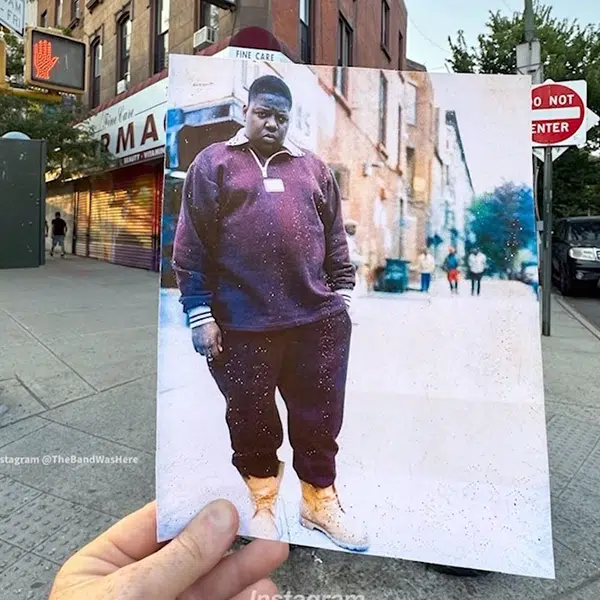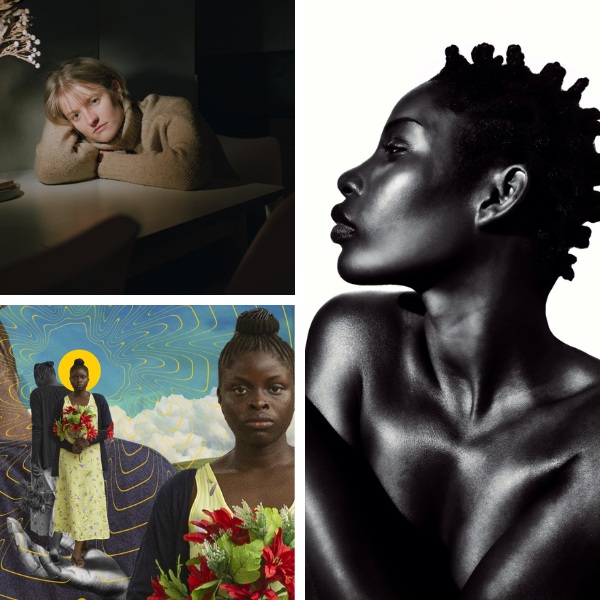In anticipation of a new French law that requires photographers to disclose if a model's weight has been altered in post-production, Getty Images has decided to updates its submission terms for its service and iStock. The law will be enforced from October 7, 2017, and Getty recently sent an email to its contributors informing them of the changes.
The updated terms stipulate that any creative stills “depicting models whose body shapes have been retouched to make them look thinner or larger,” will breach their submission requirements. It's an interesting step forward for Getty, as the ban appears to effect worldwide contributors—not just those in France.
Meanwhile, French magazines will be obliged to indicate if photos have been retouched or face a fine of €37,500 ($45,000). Of course, basic retouching falls outside of the law. Photographers are still allowed to make “a change of hair color, nose shape, retouching of skin or blemishes,” as these creative choices remained uncovered by the French policy.
So what will happen to Getty contributors who have already submitted altered work? It's not made clear in the email if those images will remain on the site, and if so, if they will be marked as retouched. It will also be interesting to see if other stock photography websites follow suit, taking a stand for body positivity.
The French law is just one small step that governments and fashion companies around the world are taking to try and combat unrealistic body images in the media. In fact, French holding companies LVMH and Kerring—which own dozens of brands like Dior and Gucci—recently announced a ban on size 0 models, as well as models under 16 for adult clothing shoots and events.
And now Getty is taking a stand as well. “As a leader in visual communications, Getty Images upholds the responsibility to ensure accurate and authentic visual representation,” a spokesperson told BuzzFeed. “Our perceptions of what is possible are often shaped by what we see: positive imagery can have direct impact on fighting stereotypes, creating tolerance, and empowering communities to feel represented in society. That’s why over the last several years, Getty Images has made a concerted effort to change the way women and other marginalized communities are represented in media and advertising.”
I got this email from Getty Images today about an update to their submission terms.
Kinda refreshing. Well done, France. #bodyimage pic.twitter.com/DixpSULiRo
— Darwin Brandis (@DarwinBrandis) September 26, 2017
h/t: [Peta Pixel, DesignTAXI]
Related Articles:
Inspiring Plus-Sized Yogi is Changing the Face of Fitness on Instagram
Loving Couple in Their 70s Bare All to Show That Aging Bodies Are Beautiful
Woman Had Her Face Photoshopped in 25 Countries to Compare Beauty Standards Across the Globe
























































































